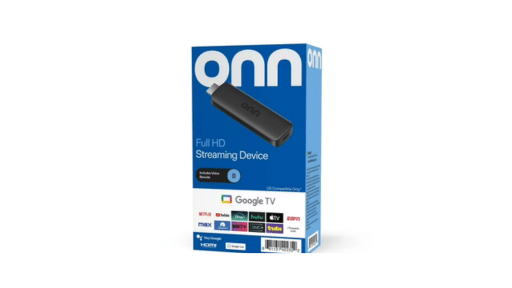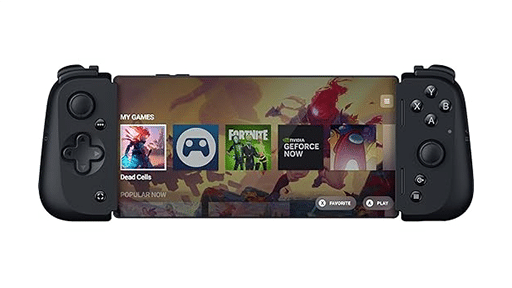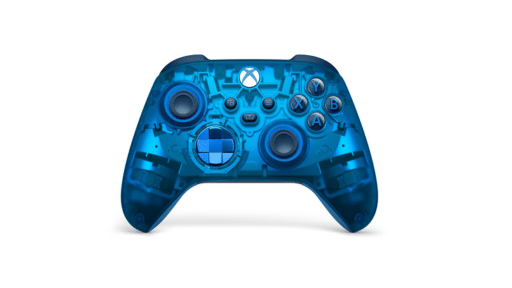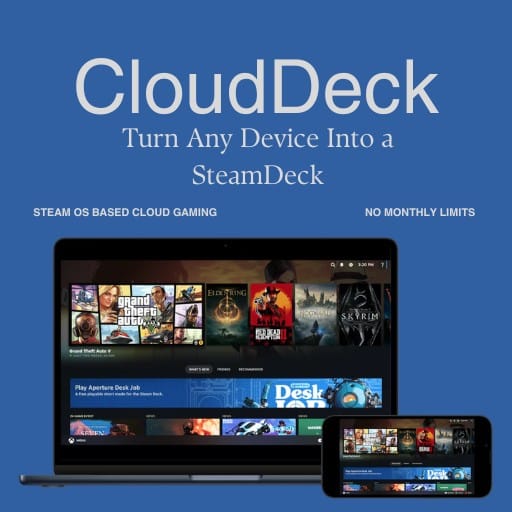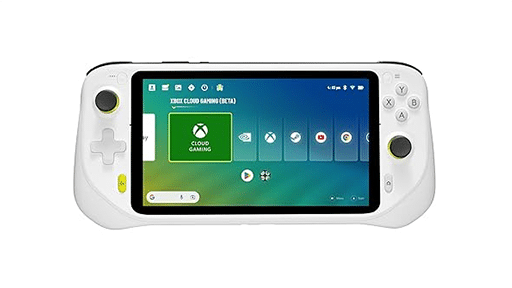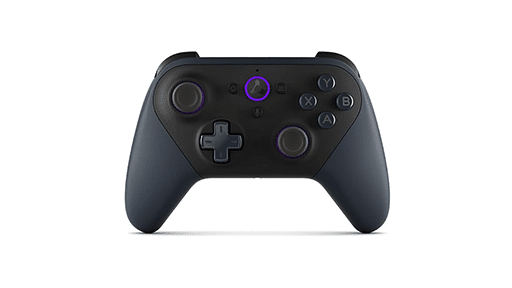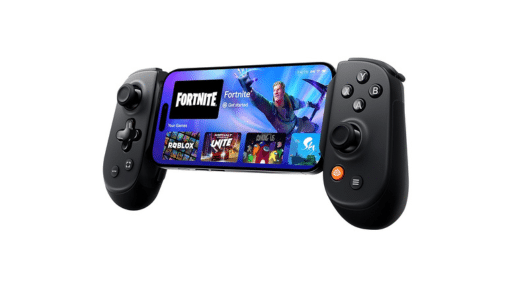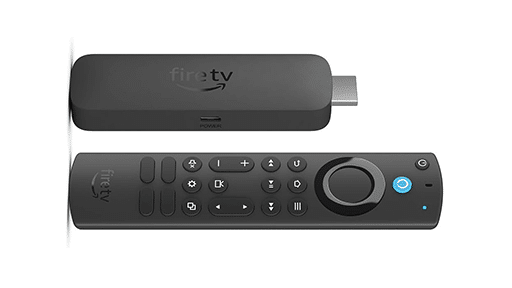
We’ve had the opportunity to conduct an exclusive interview with the team behind two great cloud gaming services: AirGPU and CloudDeck.
AirGPU is a virtual PC service that lets you play essentially any and every game that can be played on Windows PCs. Cloud Deck is a (more powerful) Steam Deck running in the cloud (hence using Linux). It gives you a Steam OS interface on all your screens. Any game that you can play on the Steam Deck, you can play on CloudDeck!
Let’s get to the interview:
Can you please introduce the service and yourself for our readers?
Hi, my name is Sven Frese. I’m the founder of AirGPU, and I recently started a new cloud gaming service called CloudDeck.
AirGPU is a pay-per-use Windows cloud PC service designed for graphics-intensive workloads, and it’s available from 23 data centers around the world.
CloudDeck is our new subscription-based service that offers a gaming PC with a SteamOS experience in the cloud, supporting over 16,000 games. CloudDeck is currently available in Europe, and we’ve recently opened signups for eastern and central North America.
What sort of trends are you seeing in cloud gaming? Have you seen any growth in your player base and/or in the people interested in the space as a whole? Are you seeing trends in any use-cases, demographics etc.?
The general interest in cloud gaming is definitely growing. Even as recently as 2020, when I started building AirGPU, cloud gaming felt like something primarily for tech enthusiasts. Since then, we’ve seen more and more casual gamers sign up and using our services.In addition, demand for our cloud PCs on AirGPU has expanded beyond gaming, with users increasingly utilizing them for a variety of tasks like AI inference, VR, and video editing.

The cost of hosting cloud services is not free. Can you comment on the challenges and opportunities in running a cloud gaming (and cloud PC) service and how you do so sustainably.
AirGPU and CloudDeck are unique in that both are entirely self-funded. This means we don’t have outside investors influencing the direction we take to meet sales goals or profit targets. However, it also means we have significantly fewer resources compared to other cloud gaming companies.
To make this work, everything we do has to be sustainable and directly provide value to our users so the service can continue to operate and grow. We’re constantly experimenting with non-traditional hardware and finding creative solutions for server configurations that are cost-effective without sacrificing performance. We’re also very selective about the partners we work with, focusing on small data centers with minimal overhead to keep operational costs low without compromising quality.
Since you are now running services using both Windows on the server and Linux on the server. Can you comment on cost savings using Linux?
We’re happy to see Linux becoming a viable alternative to Windows for gaming. The cost savings compared to Windows are substantial, which is one reason why we chose Linux for CloudDeck. Offering the service at its current price point would be impossible if we had to bundle a Windows license.
Can you describe (in as much detail as you are able to provide publicly) your cloud gaming architecture? In particular, our readers are often interested in knowing the following:
Number and locations of your data-centers and/or edge facilities. (do you use your own hardware or utilize commercial cloud offerings?)
For AirGPU, we rent servers from cloud partners to be able to offer the service globally. We currently have 23 data centers available. CloudDeck, on the other hand, runs entirely on our own servers located in Amsterdam and Detroit.
Node level hardware including CPU, GPU specifications, memory specs and storage specifications (on-node and/or networked)
We experiment a lot with different hardware configurations, but typically our servers feature 16–32 CPU cores, 64-128GB RAM, and 4–8 GPUs.
Codecs used and available resolutions, framerates
AirGPU supports streaming up to 4K at 60 FPS, depending on the rented configuration. CloudDeck supports streaming at 1080p 60 FPS.
Supported end user devices
For both AirGPU and CloudDeck, we recommend connecting via Moonlight, an open-source streaming client that supports a wide variety of devices. For the best experience, we suggest connecting from a device running Windows 7+, macOS 10.13+, Linux, Android 4.1+, or ChromeOS.
Any other novel aspects of your cloud gaming architecture that you’d like to highlight (e.g. your recently launched file-transfers between local and remote systems)
We’re particularly proud that CloudDeck is built almost entirely on open-source software, including an open-source operating system. While open-source software is often powerful, it’s not always easy to use. We’re happy that we were able to combine open-source solutions in a way that makes the service easy to use for a wide audience, even those without prior Linux or cloud gaming experience.

Do you have any plans to further the reach of your service, to more territories or perhaps to more smart devices, such as more models of smart TV OS?
We’re always exploring ways to offer more affordable cloud PCs on AirGPU and expand CloudDeck to new regions. At this time, we don’t have any specific announcements to share.
We know you operate in a more “Virtual PC” model, but do you curate and control the games that you release on to the service? Do you have any support of the publishers for each game released?
We internally test most new games and update our virtual machines if we encounter any issues. Publishers aren’t directly involved in this process.
Are you in talks with any other developers or publishers to secure their games for your service?
We’re big fans of the gaming PC as an open platform, and we strongly believe that everyone should have the freedom to play their games however they like. For this reason, we’re not actively pursuing deals with developers or publishers to secure specific titles. Instead, our focus is on making AirGPU and CloudDeck as open and flexible as possible, ensuring they support a wide variety of games without restrictions.
Many thanks for taking part in this interview. Is there anything else you would like to add?
I want to extend a huge thank you to the cloud gaming community and especially to all the contributors to open-source software in the space. Cloud gaming has an incredibly bright future, and we’re excited to see more and more people discovering and using it every day.


